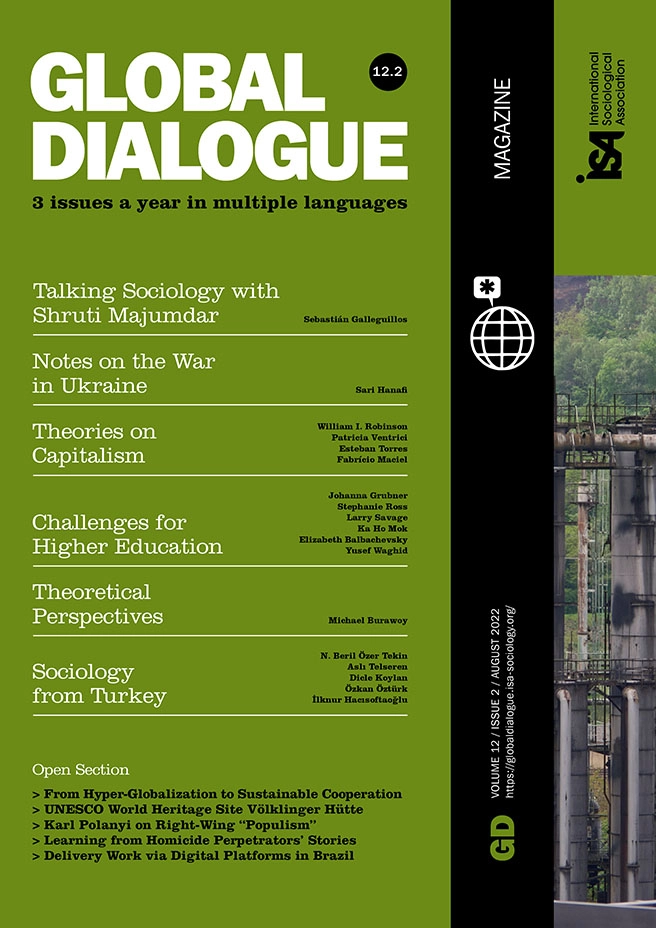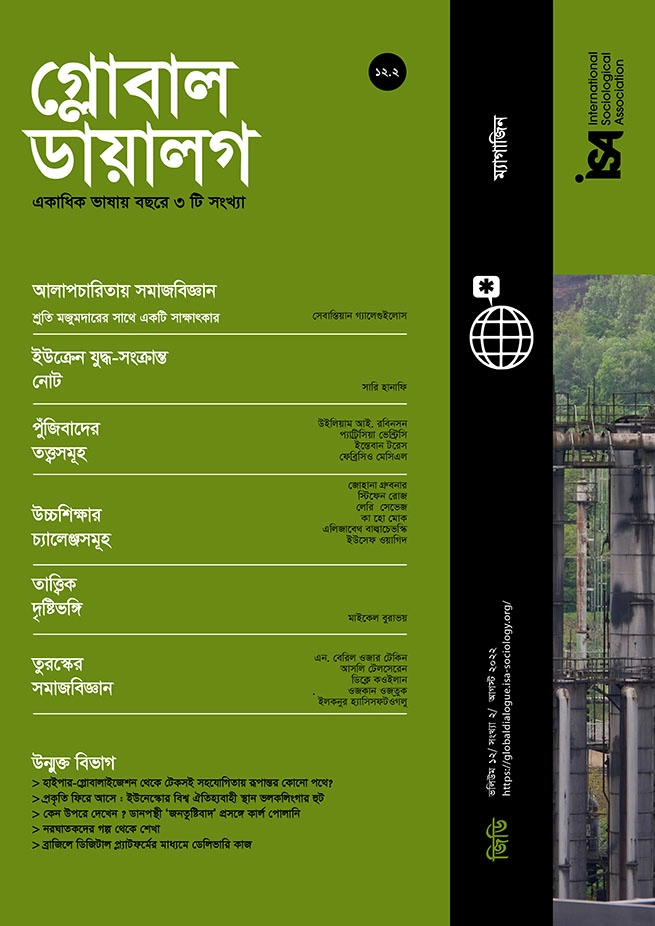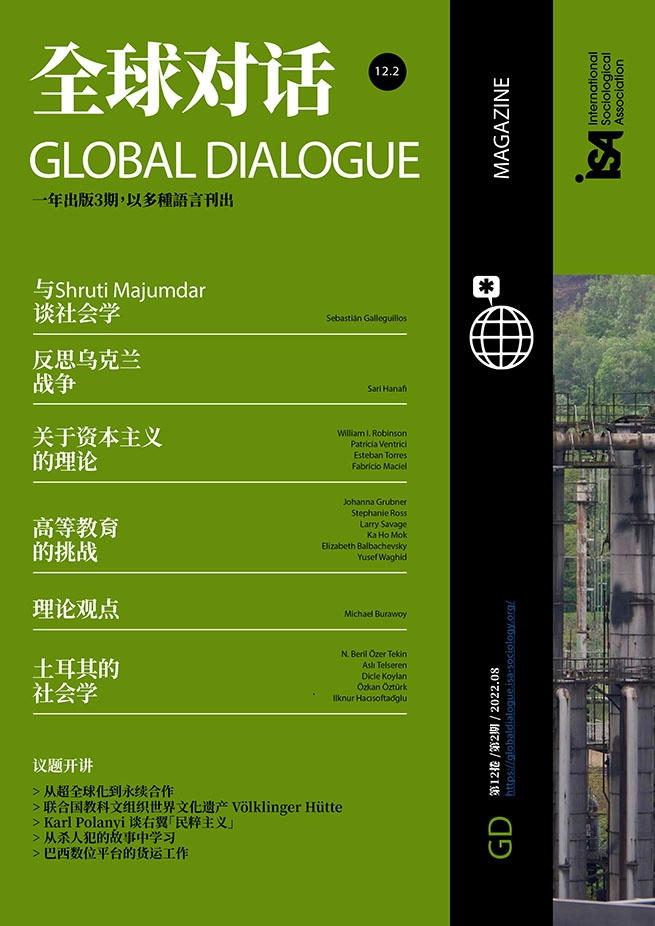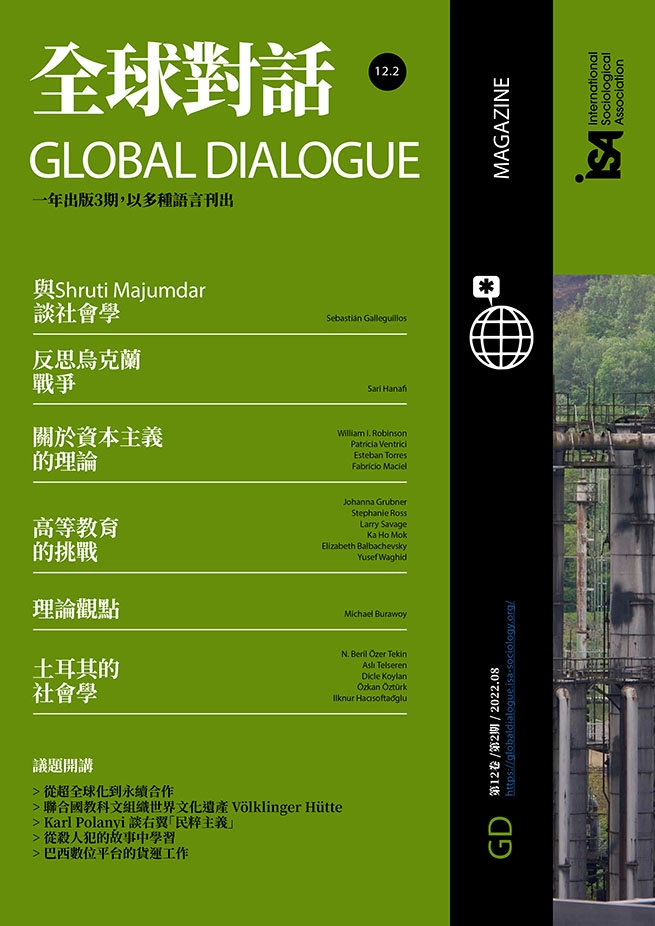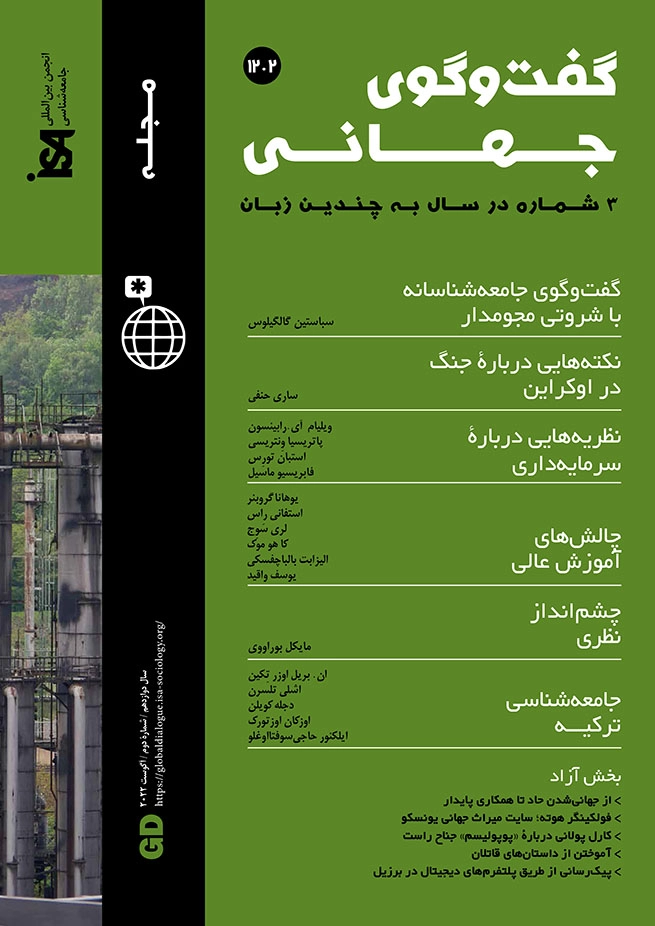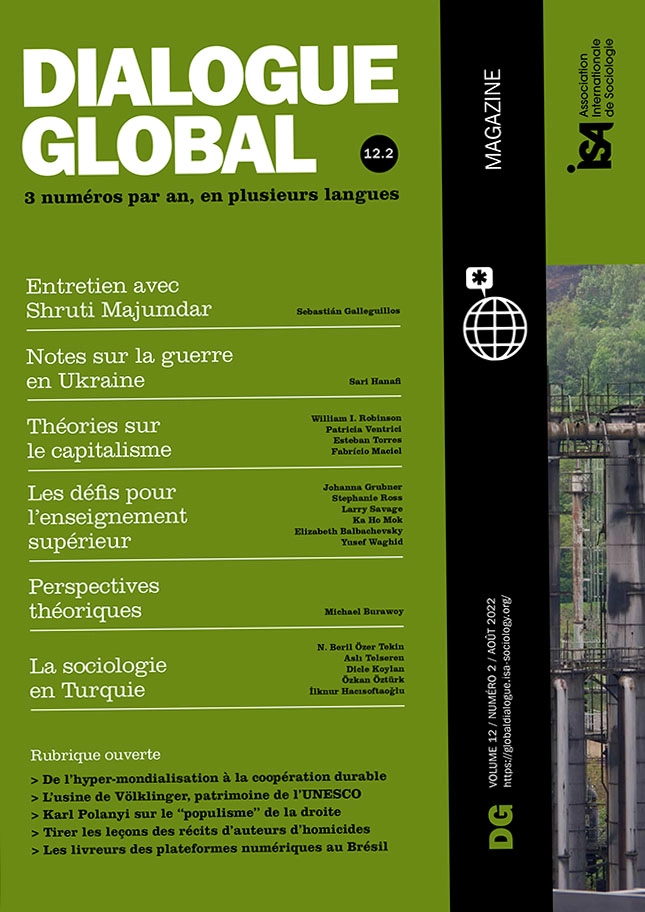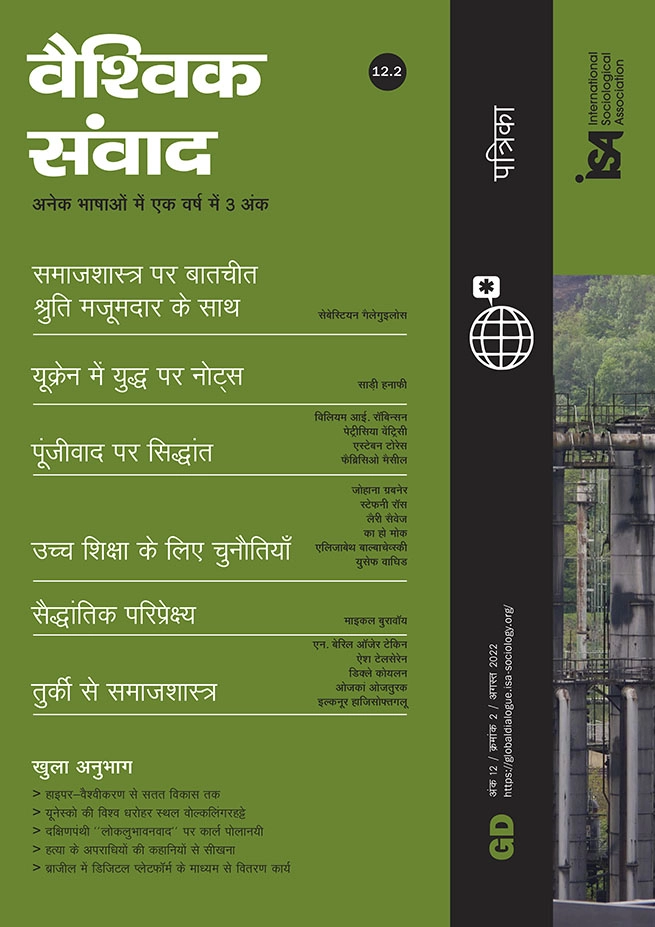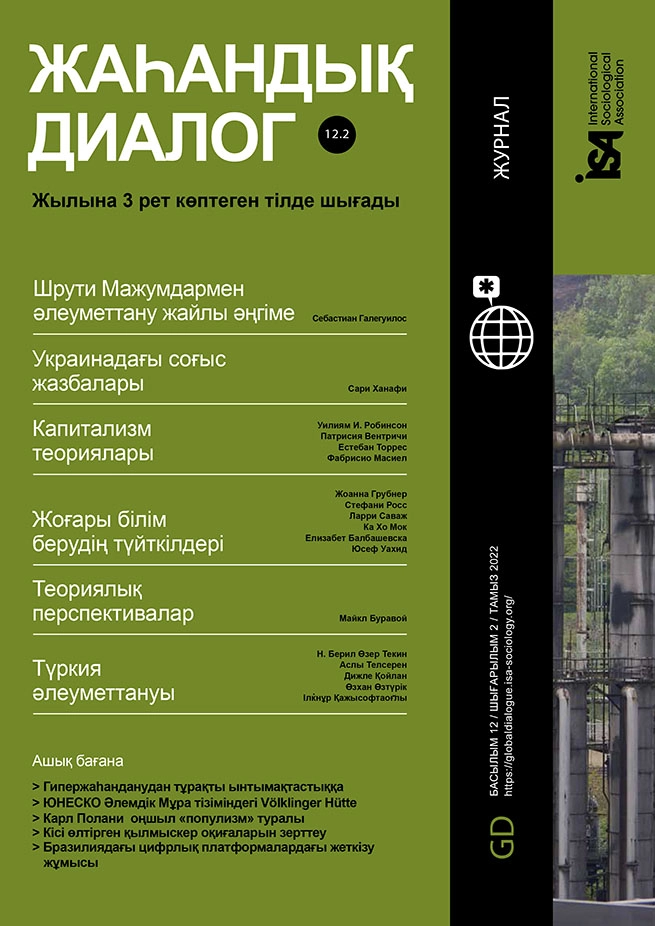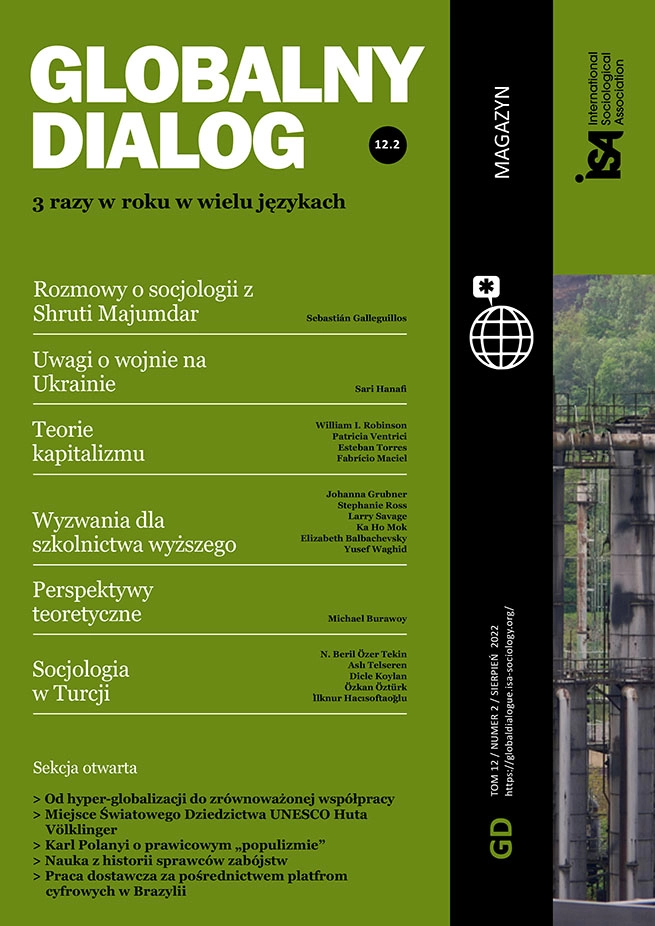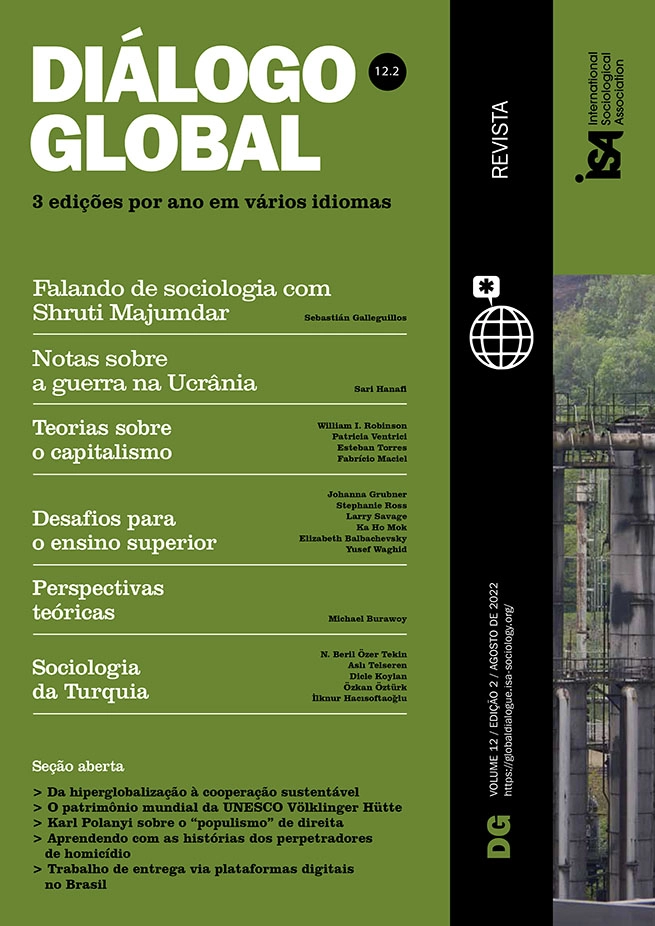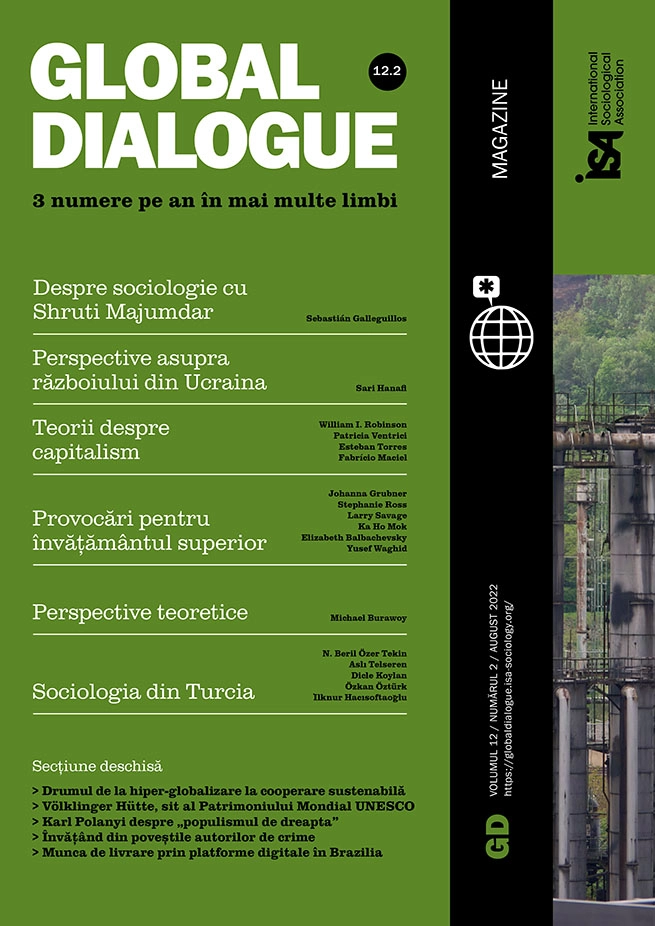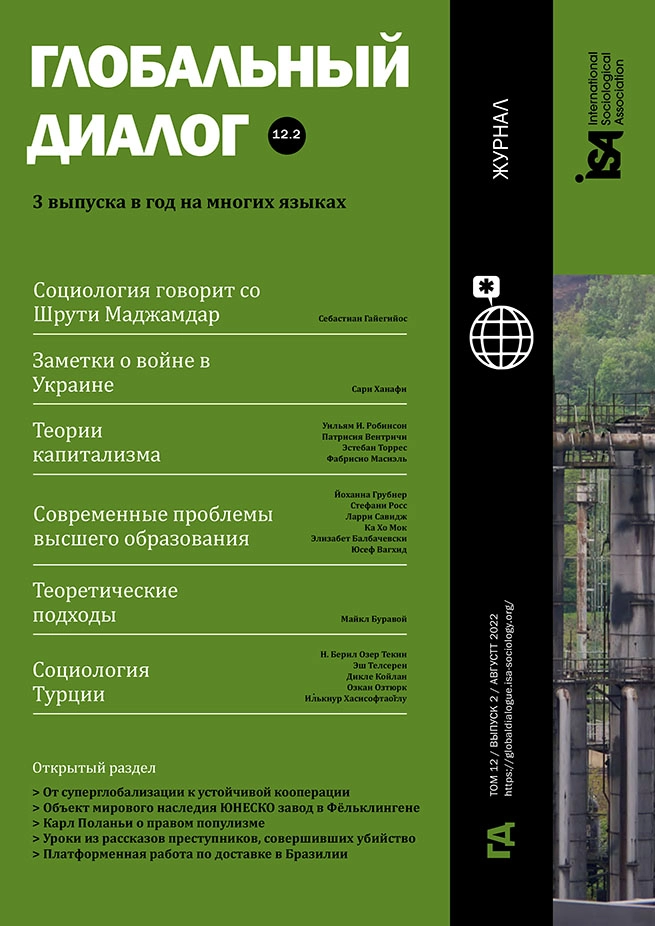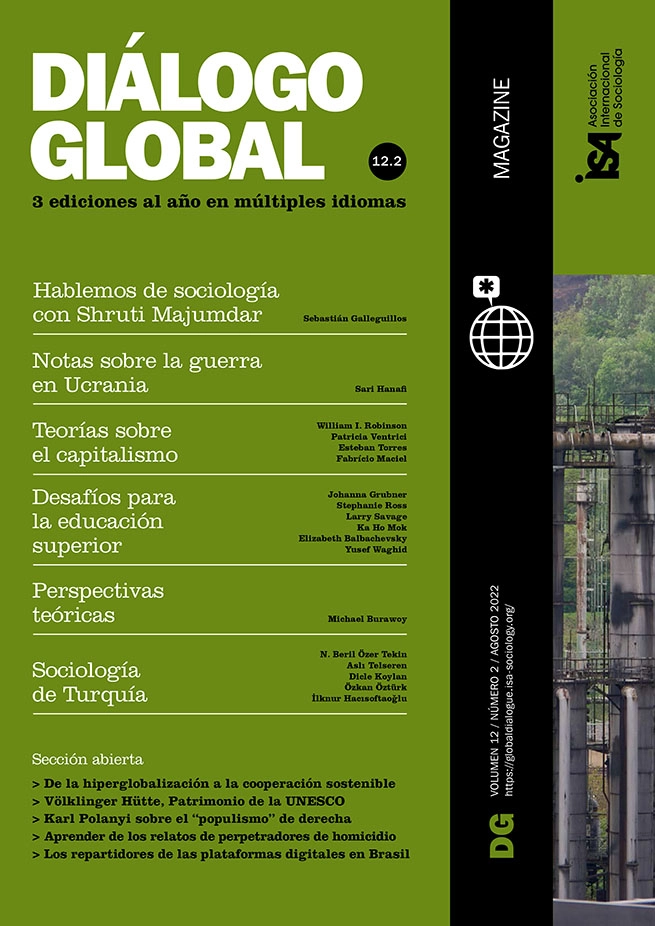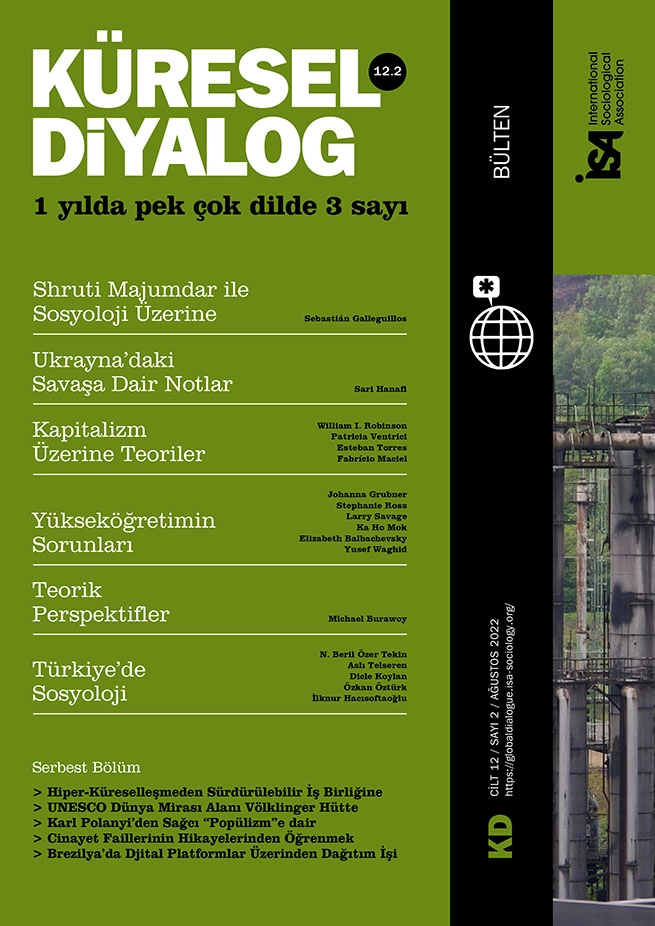In this article, I argue for a reconsideration of the idea of a university in light of the African ethic of ubuntu, literally, human dignity and interdependence. Globally, universities have evolved into institutions concerned with knowledge (re)production for various purposes that range from individual autonomy, to public accountability, to serving the interests of the economy and markets. However, my primary concern is that universities have not always responded to the goals of being publicly accountable or responsible.
The public university under threat
Despite claims that the public university in (South) Africa is significantly transformed, its unwillingness to sufficiently and boldly tackle matters such as ongoing student protests against rising tuition costs; institutional corruption and mismanagement of resources; gender inequality and exclusion; sexual harassment; malpractices that involve bribes for marks, academic plagiarism, and indiscipline; and excessive student drinking and delinquency exacerbate the crises in university education. Yet, by far the most disconcerting aspect of university life is related to the pedagogical activity of higher teaching and learning itself. Teaching and learning seem to have remained overwhelmingly concerned with knowledge transfer and acquisition, with limited opportunity for critical pedagogical practices. With the introduction of emergency online remote teaching during the coronavirus pandemic, it seemed as if critical learning had again been sacrificed for online remote and blended learning as if these approaches to higher pedagogy in themselves can build confidence in university education. In this way, the public responsibility of the university seems to be under threat and, without being too alarmist, the institution appears to be teetering on the brink of collapse.
In response to the dire situation in which the university in (South) Africa seems to find itself, I propose that the idea of a university should be rethought in light of the African ethic of ubuntu. In my view, ubuntu is both a philosophical and politico-ethical concept that can contribute, firstly, to thinking about the university differently in troubled times; and secondly, to enacting practices that can realign institutional and transformational purposes with an idea of community in which academics and students can cultivate relations of individual freedom, collaborative engagement, and co-belonging. An ubuntu framing can engender a higher education institution that reconsiders the transformative potential of the institution itself.
The distinctiveness of ubuntu lies in its internal connection to human action and the external enactment of relations with other humans, contexts, and entities of a non-human kind, such as computers and other technological devices. Underscored by the dictum “I am because we are,” ubuntu implies having intra- and inter-relations with the self and others, including other things, so that the actions implied by ubuntu are a matter of doing things with others and not always to and for others. I argue that an ubuntu-inspired university can offer the institution an opportunity to remain autonomous yet publicly responsible for its actions. In the main, such a university would not only consolidate the institution’s transformation agenda but would, firstly, extend it to matters of public concern. Here I refer to issues that involve its transformation in relation to claims of knowledge and reason and lines of inquiry not thought about previously. Secondly, such a university would consider its engagement with the broader community not as service provision or an activity with impact but, rather, as an act of genuine collaboration in the interest of both the institution and the broader public. Thirdly, the university would lay claims to cultivating a moral attentiveness to local and worldly concerns in and about matters that would enhance human dignity, social and restorative justice, and peaceful human coexistence.
Decolonization/decoloniality and an ubuntu university
By far the most crucial aspect of higher education transformation that the public university ought to consider more urgently is the notion of decolonization. When we talk about the decolonization of higher education, we refer to practices of resistance that are offered to disrupt the skewed understandings of power-sharing that inform higher education practices. Together with decolonization, the notion of decoloniality can be considered as restoring the cultural values, economic aspirations, and knowledge interests of (previously) colonized communities. By implication, the decolonization of the public university is an attempt to oppose and undermine the imperialist legacy and devaluation of the cultures and knowledge interests of marginalized communities. In this way, the decolonization of higher education can be couched as a re-articulation of the underlying value systems of excluded communities. This is where the decolonization project connects with ubuntu, in the sense that the latter likewise insists that the values of the other in their otherness should be attended to. Hence, the decolonization of higher education is synonymous with reshaping it according to the moral values of ubuntu.
The question can legitimately be asked: Is an ubuntu university different from an entrepreneurial university, thinking university, and ecological university? While these different understandings accentuate both the epistemological and moral imperatives of the university in relation to itself and the societies in which they manifest, I argue that it is through the ubuntu university that emotivism in the forms of dignity and humaneness will enhance a university’s capacity for autonomy, responsibility, and criticality.
What makes an ubuntu university what it is? Firstly, the use of the dictum, “I am therefore we are,” in particular the phrase, “I am,” accentuates the university’s claim to autonomous action. What makes a university a university in the first place is its allegiance to cultivating and securing autonomous individual action ‒ an idea that resonates with the phrase “I am.”
Secondly, the phrase “we are” in ubuntu is pertinent for pursuing collective human action. However, this collectivity permitted by ubuntu is based on deliberative engagement. The point is, an ubuntu university advances deliberative action on the part of its constituent members – its intellectual inquirers. This kind of deliberative engagement is both an educational and a political one. Deliberative engagement as an act of higher education is conditional upon autonomous inquirers that can proffer claims of judgements within and beyond a university. The condition of higher education is that people work and act together in a spirit of openness, reflexivity, and connectedness whereby they explore things together for both their intrinsic and extrinsic worth. The point is, ubuntu cannot be confined to doing higher education for intrinsic purposes alone, as that would deny the university’s responsibility towards the public, social, and global.
Thirdly, an ubuntu university should be forward-looking and consider local and global imperatives. It makes sense to argue for such an understanding of an African university because an ubuntu-inspired university remains in the process of becoming. Such a university ought to become concerned with more than just a scholarship of local and social concerns but also address global problems in the quest for co-existence, recognition of plurality of voices, and co-dependence on all others for peaceful cooperation and advancement. It is such an ubuntu university that would go some way to addressing global concerns and dystopias.
Finally, it might be wise to rephrase the dictum of ubuntu from “I am therefore we are” to “I am therefore we are and can become.” This implies that an ubuntu university should always be considered as one in becoming, with an open-ended rather than conclusive set of possibilities.
Yusef Waghid, Stellenbosch University, South Africa <yw@sun.ac.za>





